METHOD (Serves 4–6)
Alkaki is an appropriate euphemism for a good marriage. From the first ingredient of crushed wheat and imperfect graininess of personalities, to which you add a few handfuls of plain flour, if you can afford the refinement, to help bind rough grains together. Some fermented milk signifies good tradition. You can decide to add yeast, but why allow hypocrisy so early on into the mix? Non-homogenised goat milk yoghurt is perfect in yeast’s place. It is gentle, fragrantly wild, and indigenous. It is a slow hand compared to the loudness of yeast. Mix the three ingredients together by hand. Add in the ground ginger for subtle heat, vanilla for oud, a pinch of salt for integrity, and a tablespoon of oil for divine presence. Mix again thoroughly before adding the emotions of water.Leave the mixed dough together for a few hours, possibly overnight.
In the morning, put the dough into a mortar and pound for a few good minutes with a pestle—ah, sorry, we are in the northern hemisphere, so use a food processor to do the job instead. Observe that all latent euphemisms apply here, pounding, mixing, whatever. You need a slightly sticky, pliable dough. This can take about 20 minutes of moderate processing. Scoop out onto a lightly floured surface and roll into a perfect log. Leave to rest for about another hour or so. Then cut the log into equally sized rounds with a sharp knife. Roll each round into the shape of a man or woman. Put them next to each other and put their arms and legs around one another. The original alkaki is more like an infinity shape than a koek sister, but I think in honour of a good marriage, the alkaki should be more like a flawed braid. Place your married couple gently into well-heated oil and allow them to agonise and bubble up with shock (without breaking apart). Fry until fused, golden brown to slightly darker shade of tan. Fish them out and place them on absorbent paper. Listen to their whistling of relief. Line still-warm couples in ajar and carefully douse them in your favourite sweet syrup—their reward for surviving the harsh vicissitudes of this life that is like a vat of hot oil. Leave the jar open to allow bad reminiscences to evaporate. Cool completely, then lock the jar and turn upside down until all honey or syrup is absorbed. Add more syrup to adjust to how sweet you want the alkaki. You have a free hand since there is no confirmed recipe for a good marriage. Store in the refrigerator and warm up slowly in the oven on demand.For the tea, heat a full teapot of water slowly until the surface bubbles languidly, not vigorous boiling. Add all ingredients and turn heat down completely to allow tea to brew, ideally for about an hour. Stir occasionally. Serve with alkaki. Tea left in a glass teapot overnight tastes best the next day.

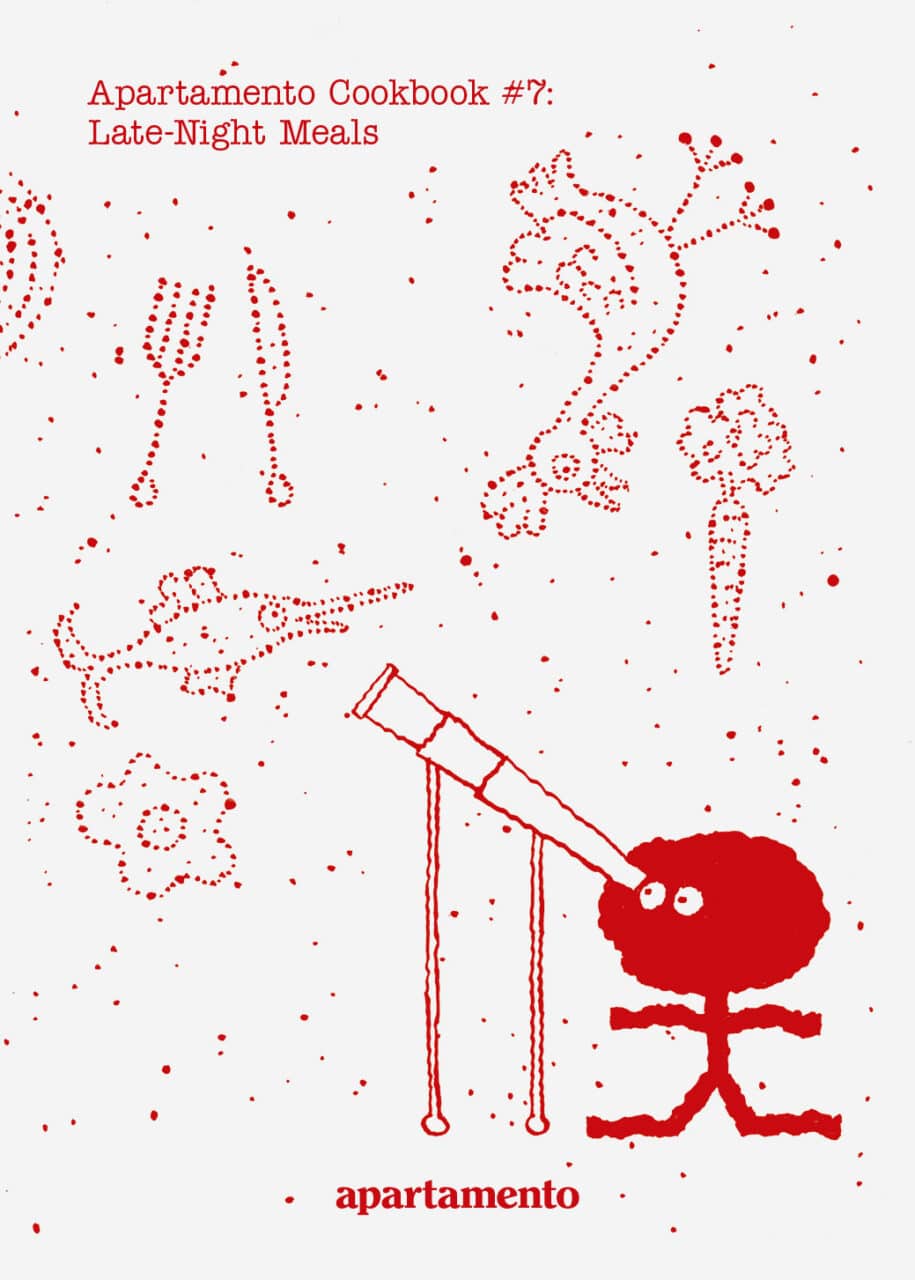
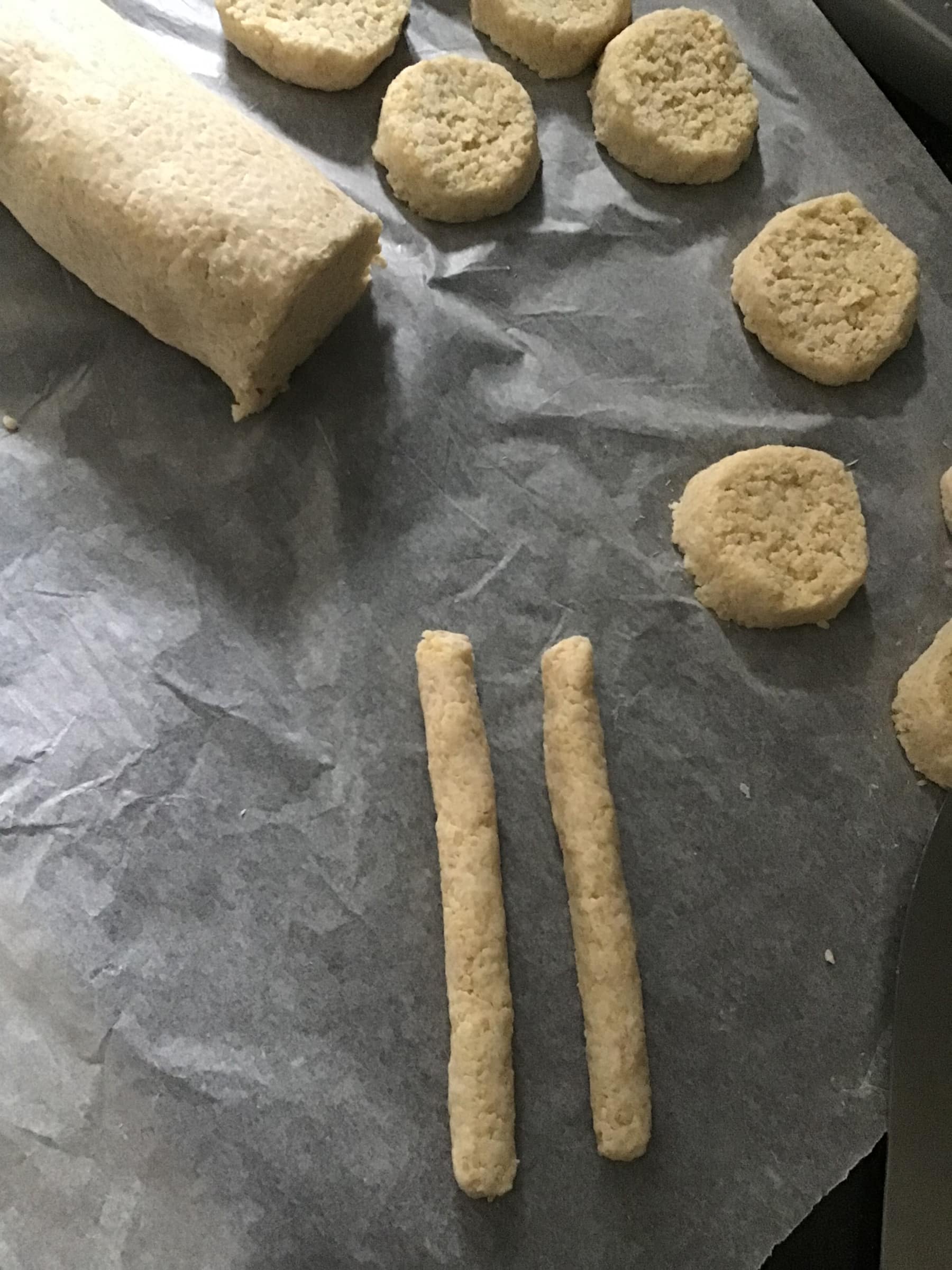
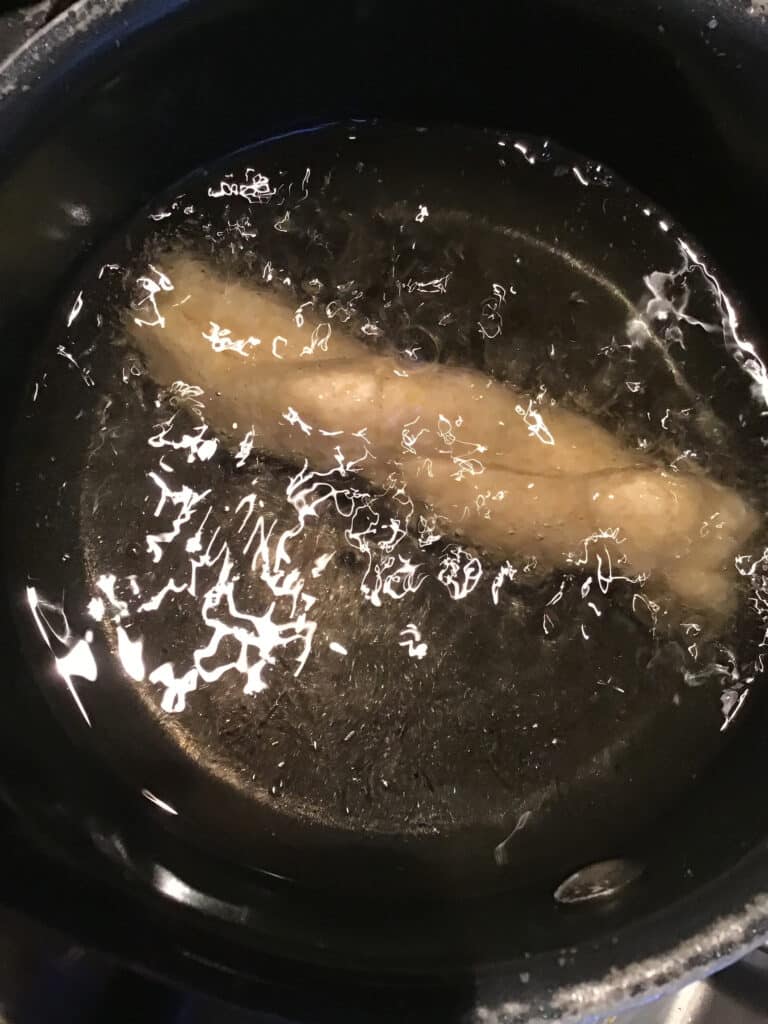
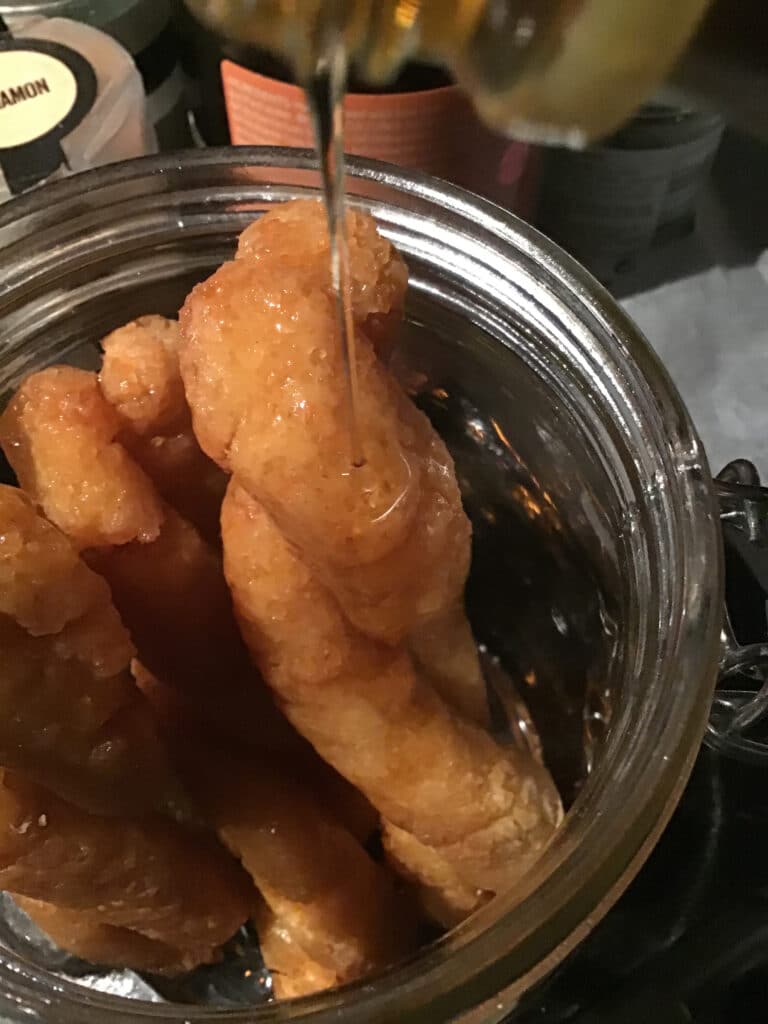

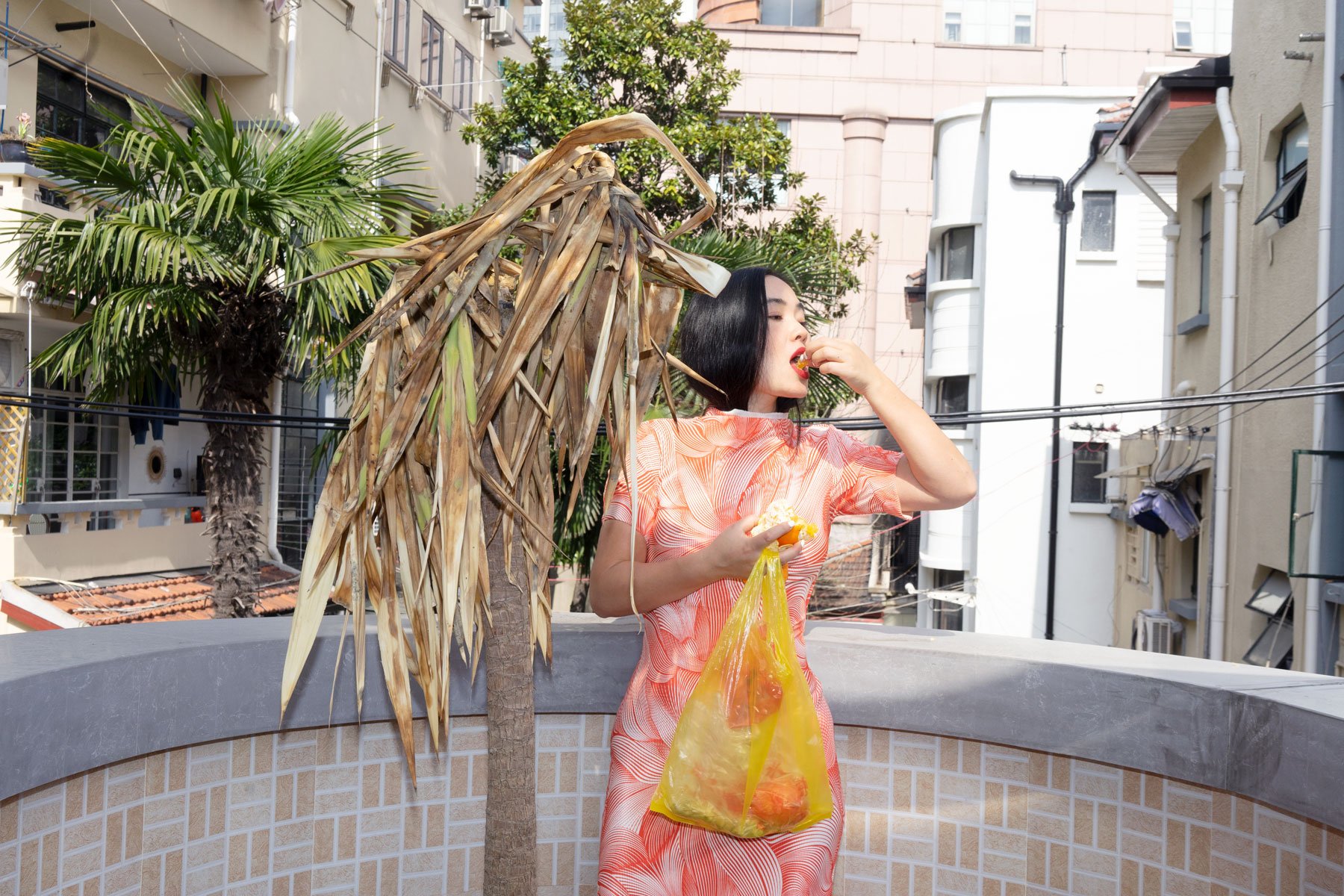

 close
close
